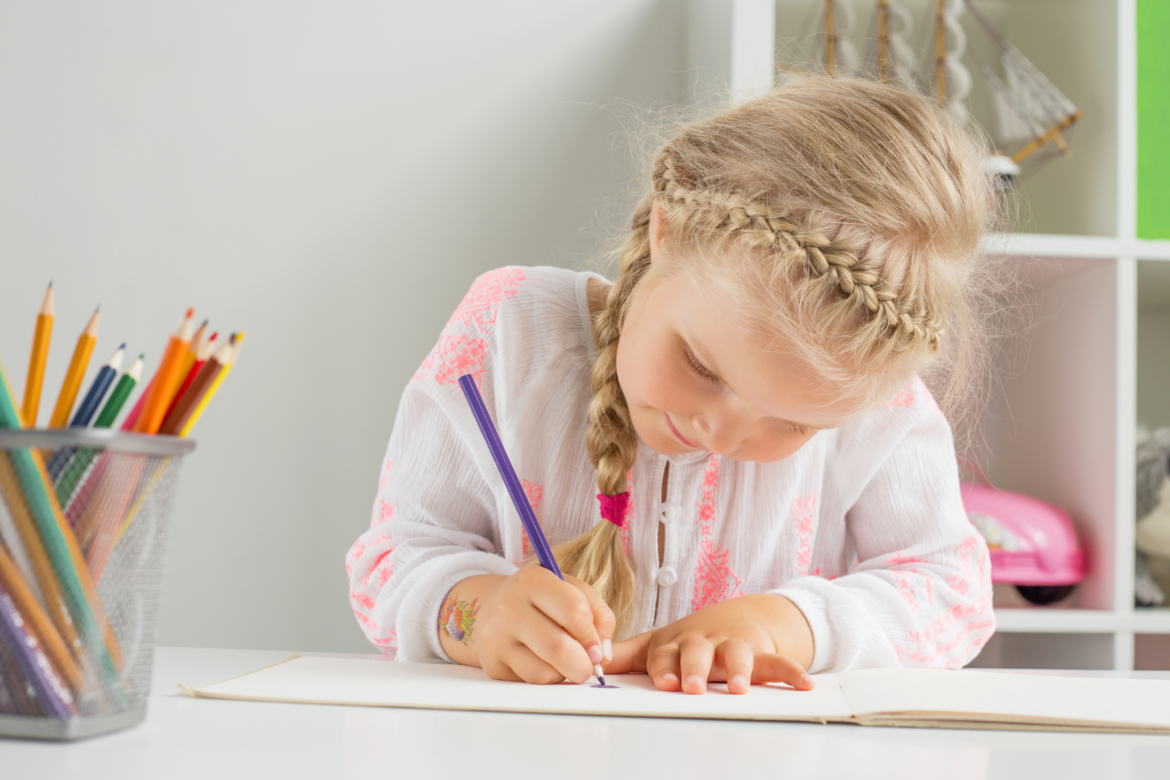Therapy for children aged 6-12, often referred to as play therapy or child therapy, is a specialized form of psychotherapy tailored to meet the developmental and emotional needs of younger children. Here’s an overview of what therapy for this age group typically involves:
- Play-Based Approach: Children in this age range often express themselves through play rather than verbal communication. Play therapy utilizes toys, art materials, and other creative mediums to help children communicate their thoughts, feelings, and experiences in a safe and natural way.
- Building Rapport: Therapists focus on building a trusting relationship with the child. This involves creating a warm and supportive environment where the child feels comfortable expressing themselves without fear of judgment.
- Identifying and Expressing Emotions: Many children struggle to identify and appropriately express their emotions. Therapists help children recognize and label their feelings, teaching them healthy ways to manage emotions like anger, sadness, anxiety, and frustration.
- Developing Coping Skills: Therapy sessions often include teaching children coping skills to manage stress, anxiety, and difficult situations. This might involve relaxation techniques, problem-solving strategies, or social skills training.
- Exploring Family Dynamics: Therapists may explore family relationships and dynamics to understand how they impact the child’s emotions and behavior. In some cases, involving parents or caregivers in therapy sessions can be beneficial for improving family communication and support.
- Addressing Behavioral Issues: Therapy can address behavioral challenges such as aggression, defiance, attention difficulties, or difficulties in school. Therapists work with children to understand the underlying causes of these behaviors and develop more adaptive ways of responding.
- Supporting Developmental Transitions: Therapy helps children navigate developmental milestones and life transitions, such as starting school, parental divorce, moving to a new home, or coping with loss.
- Promoting Self-Esteem and Confidence: Therapists aim to enhance children’s self-esteem and self-confidence by highlighting their strengths and encouraging positive self-expression.
- Learning How to Engage in Appropriate Peer Relationships: Therapists help children learn how to make friends and how to be a friend.
- Collaboration with Parents: At Given Guidance, therapists collaborate with parents or caregivers to provide guidance and support outside of therapy sessions. They may offer parenting strategies, recommend activities to reinforce therapeutic goals at home, and provide resources for ongoing support.
Overall, therapy for children aged 6-12 is designed to be engaging, developmentally appropriate, and supportive, aiming to improve emotional well-being, enhance coping skills, and foster healthy growth and development.
